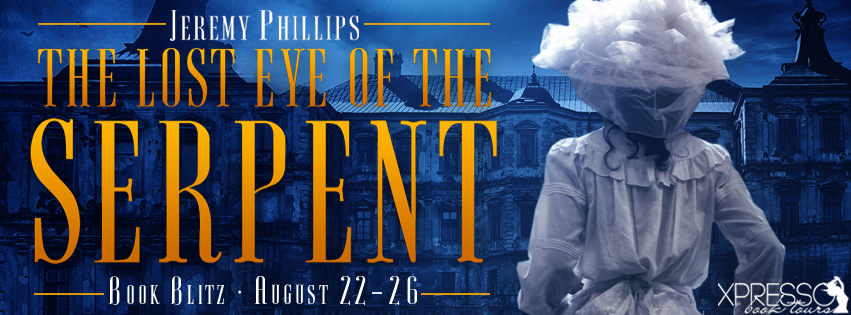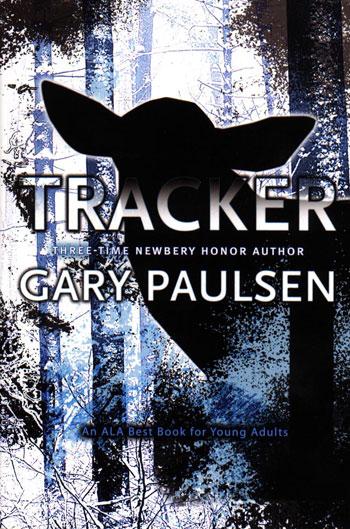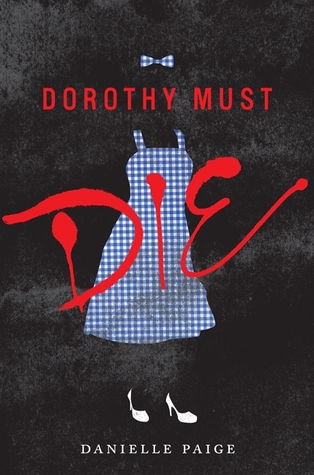 |
| My favorite author of all time: Jack London. |
I have written too many books to count, but I've only published 13 of them so far. I've had to write or re-write novels at least 4 times in the last 3.5 years. One of my novels - and I won't say which one - was re-written almost completely from scratch in just 4 weeks, and then went to publication twenty days later. Yikes!
I am a very fast writer, but even I sometimes struggle to churn out a book in just 30 days. In fact, it often seems downright impossible in light of all of the other things I have going on in my life. But guess what? It CAN be done! Here is how I pull it off. Hopefully my tips can help you do it, too!
1. I make a plan. If I am writing a book in 30 days, I DO NOT mess around with the plot. I plan the entire thing out ahead of time, hitting all my major plot points right up front. I will "ad-lib" the in-between scenes, but I never go into a 30 day sprint without a plan. Otherwise, if you decide 15 days into the task that you want to change the story...too bad! I speak from experience. I have shed many frustrated tears doing this. I now know better.
2. I set a daily goal. I set word quotas for myself daily for every single book that I write, but if I'm doing a one-month novel, I basically have to write at least 2,000 words a day to hit a basic 60,000 word novel. AT LEAST. When I'm not on a tight deadline, the rule is that I have to write 1,000 words every day. The only excuse I have to escape that quota is if I'm sick or embroiled in some kind of familial or business emergency. Otherwise, SUCK IT UP, BUTTERCUP.
 |
| "I'm just going to write because I cannot help it." - C. Bronte |
4. I break up the day. Sometimes I'll write 20 pages in a couple of hours. Sometimes I'll write 6 pages in 6 hours. Sometimes I'll be in the office for 13 hours and barely get two chapters done. It depends on my energy level and how creatively spent I am. I find that a good way to break up the monotony and sometimes downright torture of a massive writing workload is to break it up. I make sure to take a break every 2 and a half hours. I walk outside, I grab some tea, I close my eyes, I look at Instagram pictures of dogs (woof!), or I simply sit and do nothing. I am often so drained at the end of a workday that I can barely do anything aside from lay down and sleep. To make life more bearable, I break it up. If you're trying to do a 30-day novel, I'm telling ya: take it in baby steps. 500 words the first hour, 500 the second, and 1000 the third, for example. Find your formula and stick with it.
5. It's okay to reward yourself. This has been a personal struggle of mine. I used to have a really hard time accepting my achievements. I would briefly acknowledge them and then move onto the next project. There is nothing wrong with taking some time to celebrate your success and hard work. Did you get a thousand words done today? Buy yourself a coffee, dang it! Did you finish your novel? Make a fun dinner, watch a movie, kiss your spouse. IT'S OKAY. Allowing myself to relax and enjoy my successful endeavors is the hardest thing for me to do. I am learning to accept it, and I'm telling you, you're amazing and you deserve to celebrate your work!
 |
| My 13th bestselling novel, #1 bestseller |
7. Find a routine. Lastly, I always suggest having a writing routine. Whether you're a full-time writer/novelist/publishing house owner/creative writing teacher like me or writing is simply a part-time gig or even a hobby that you hope will someday turn you into the next Gillian Flynn, listen up. A routine is the key to writing greatness. I always write in the morning. Always. The earlier, the better. I get it done first, usually by lunch time, and then if I'm feeling good about it, I'll keep going. (My workday is a typical 8-hour day, sometimes longer) If you have a dependable writing routine, you will produce more. Your brain will actually anticipate the rush of creativity to arrive at a specific time. No, I'm not joking. It's a fact, Jack.
I hope these tough-love tips helped you. The thing about writing is that I can't sugarcoat it for anyone. It's hard. Gritty. Frustrating. But it's also a joy, a love, an adventure. Jack London said, "You can't wait for inspiration, you have to go after it with a club." He also is quoted as saying that he wrote at least "A thousand words a day." Emulate success. Do the hard stuff now and reap the benefits later.
You can do it!















.png)






















